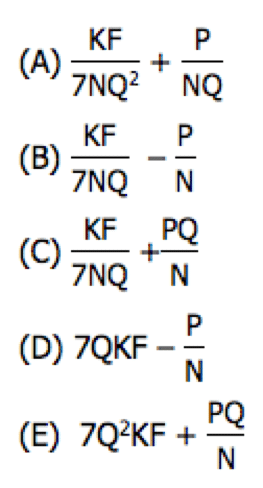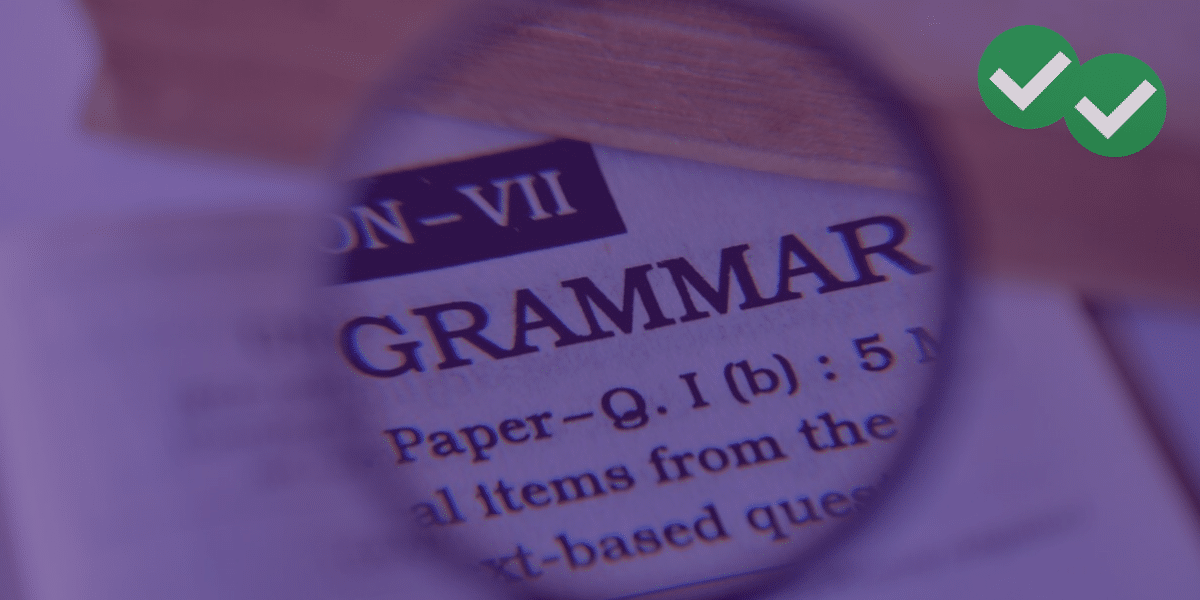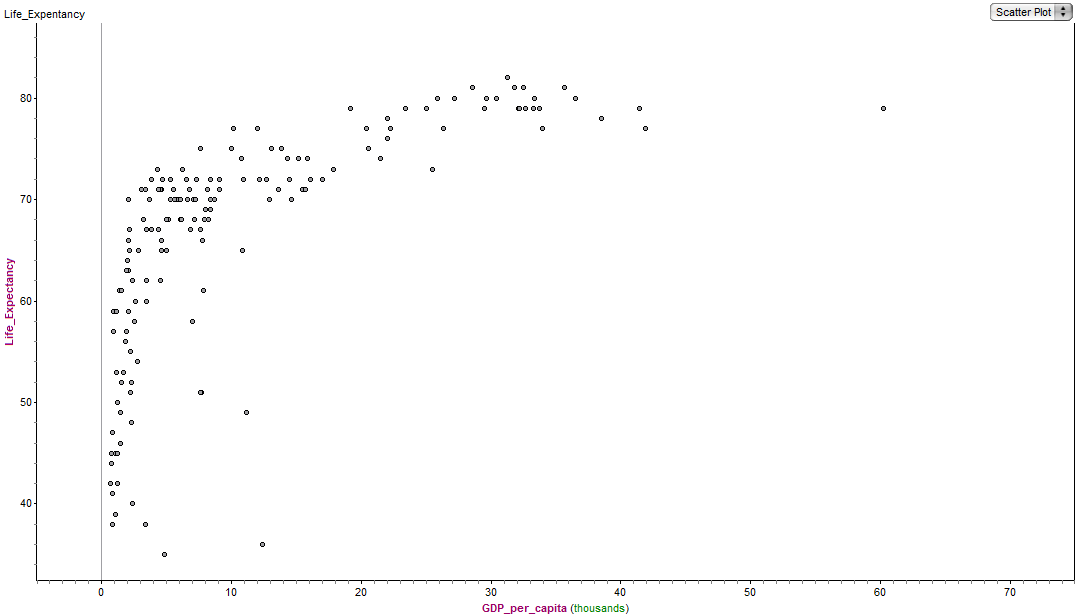Understand these complex grammatical forms so you can master them on GMAT Sentence Correction
What is an adverbial phrase? What is an adverbial clause? What’s the difference between them? Do they have to contain adverbs?
Points of Grammar:
An adverb is a word that modifies a verb, an adjective, or another adverb. We can form a boatload of adverbs by taking adjectives and adding the suffix “-ly” (e.g. “joyously”, “readily”, “magnanimously”, “bouncingly” etc.) Other common single word adverbs include “very”, “too”, “well”, “now”, “then”, “here”, “there” etc.
A phrase can be either a prepositional phrase (preposition + noun-object) or a participial phrase (participle form of a verb, with possibly a direct object and/or adverb). If it modifies a verb, an adjective, or adverb, then it’s an adverbial phrase.
The independent clause of the sentence – main subject and main verb — will not be an adverbial clause. A dependent (a.k.a.subordinate) clause also has its own subject and verb, and if it modifies a verb, an adjective, or adverb, then it’s an adverbial clause.
Examples of Adverbial Phrases:
1) He drives like a maniac.
The prepositional phrase “like a maniac” is an adverbial phrase. It modifies the verb “drives” —it describes how he drives.
2) He walks dragging his left foot.
The participial phrase “dragging his left foot” is an adverbial phrase. It modifies the verb “walks” —it describes how he walks.
3) He is scornful with no mercy.
The prepositional phrase “with no mercy” is an adverbial phrase. It modifies the adjective “scornful” — it describes how scornful.
Examples of Adverbial Clauses:
4) She sings when she sees the Sun in the morning.
The dependent clause “when she see the Sun in the morning” is an adverbial clause. It modifies the verb “sings” — it describes when she sings.
5) She is so happy that she skips everywhere.
The dependent clause “that she skips everywhere” is an adverbial clause. It modifies the adjective “happy” — it describes how happy.
Doesn’t Necessarily Contain an Adverb
Notice that sentences #1-4 contain phrases and clauses that act like adverbs, but which do not themselves contain an adverb. The adverbial clause in sentence #5 happens to contain the adverb “everywhere.” An adverbial phrase may or may not contain an adverb itself.
Why Are These Important for the GMAT?
First of all, adverbial phrases are one of the marks of sophisticated writing. I guarantee that the GMAT Sentence Correction section you will see will be littered with them, so it’s good to be well acquainted with them beforehand. Also, the more comfortable you are with adverbial phrases, the more likely you are to use them in your own writing, including in the Analytical Writing Assessment of the GMAT. A well-chosen adverbial phrase will gives a sentence a touch of sophistication that can only help your AWA score.
For free, here’s a practice GMAT SC question, involving these ideas.





